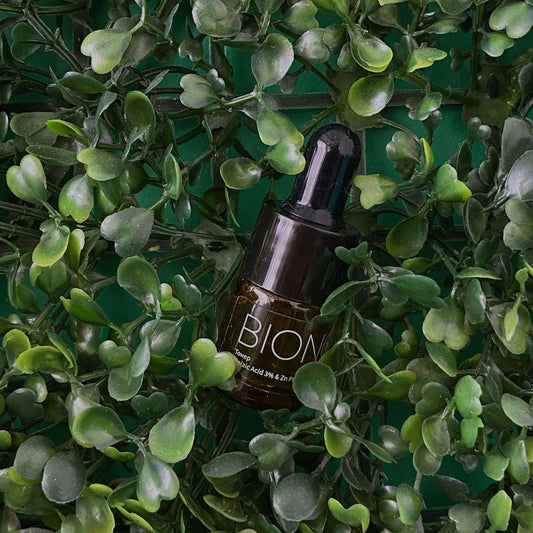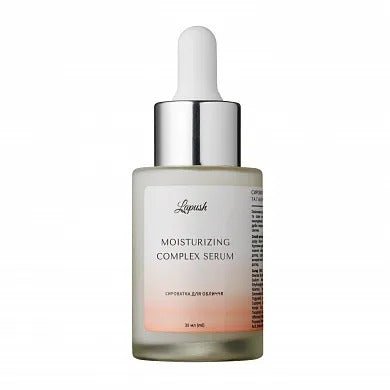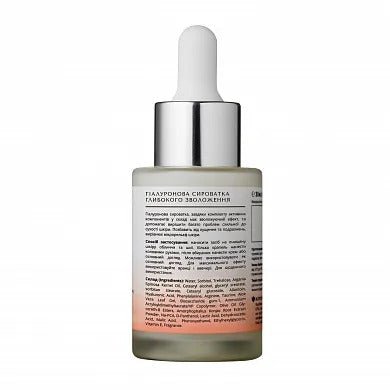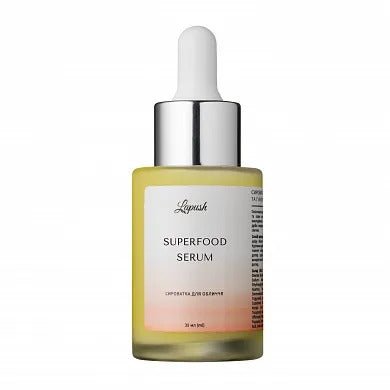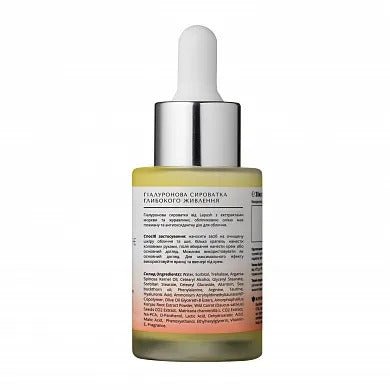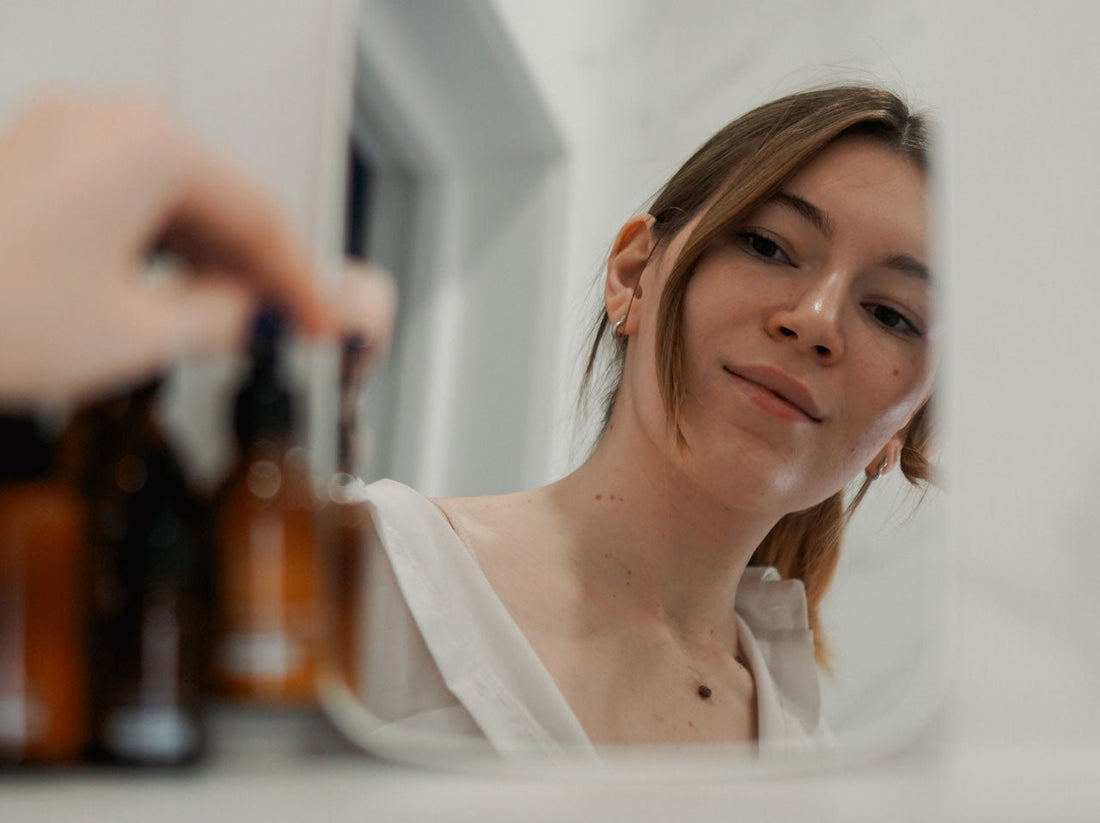
Topical acne remedy: fast results in 24 hours
Problem skin requires a special approach and quality care. The modern cosmetology market offers a wide selection of topical acne remedies, but how to find a truly effective product among all this variety? In this article, we will reveal all the secrets of professional care for problem skin and help you make the right choice of cosmetics.
What is a topical acne remedy and how does it work?
A topical acne treatment is a specially formulated cosmetic product that is intended for spot application to inflamed areas of the skin. Unlike general care products, such products have a high concentration of active ingredients, which allows you to quickly and effectively combat acne.
The principle of action of topical agents is based on several key mechanisms. First, they reduce inflammation due to the anti-inflammatory components in the composition. Second, they regulate sebum production, which prevents the formation of new acne. Third, they have antibacterial properties, destroying pathogenic microorganisms on the surface of the skin.
Professional cosmetologists recommend using topical products as part of a comprehensive care regimen. This approach ensures maximum treatment effectiveness and rapid restoration of healthy skin. It is important to understand that the result depends not only on the quality of the product, but also on the correctness of its application.

Active ingredients in effective topical acne remedies
Modern topical acne treatments contain scientifically proven active ingredients, each with a specific function in fighting acne. Salicylic acid remains one of the most popular ingredients due to its ability to penetrate deep into pores and dissolve comedones. This ingredient is especially effective for oily skin prone to blackheads.
Benzoyl peroxide has a powerful antibacterial effect, destroying Propionibacterium acnes bacteria, which are the main cause of inflammation. Its regular use significantly reduces the number of new rashes and accelerates the healing of existing inflammations.
Retinoids , including retinol and its derivatives, stimulate skin cell renewal and normalize the keratinization process. These components are especially valuable for long-term care, as they not only treat existing acne, but also prevent its recurrence.
Nicotinamide, or vitamin B3, has strong anti-inflammatory properties and helps regulate sebum production. This ingredient is especially suitable for sensitive skin as it rarely causes irritation.
Types of acne remedies and their features
The modern cosmetology market offers various forms of topical acne remedies, each with its own advantages and specific uses. Gels are characterized by a light texture and rapid absorption, which makes them ideal for daytime use. They usually contain water-soluble active ingredients and are suitable for oily skin.
Creams and ointments have a thicker consistency and provide prolonged contact of active ingredients with the skin. Such products are especially effective for night care, when the skin has the opportunity to absorb the beneficial components to the maximum.
Serums concentrate the maximum amount of active ingredients in the minimum volume of the product. They quickly penetrate the deep layers of the skin and provide an intensive therapeutic effect. Professional cosmetologists often recommend serums as the main treatment for patients with severe acne.
Point applicators and pencils ensure the most precise application of the product directly to the inflamed areas. Such products are convenient to use and allow you to avoid contact with healthy skin, which minimizes the risk of irritation.
Rules for choosing a topical acne remedy according to skin type
Choosing an effective topical acne treatment depends on your skin type. For oily skin, salicylic acid or benzoyl peroxide are the best options. These ingredients help control sebum production and effectively clear pores of accumulated impurities.
Those with combination skin should look for products with a mild effect that do not overdry healthy areas. Products with nicotinamide or zinc compounds, which have a balanced effect, would be an ideal choice.
For sensitive, acne-prone skin, products with minimal aggressive ingredients are recommended. Natural plant extracts, such as tea tree extract or aloe vera, provide a mild anti-inflammatory effect without the risk of irritation.
Dry skin with isolated inflammations requires a special approach. In this case, topical products should contain moisturizing ingredients, such as hyaluronic acid or glycerin, which prevent excessive drying.
Professional recommendations for use
Proper application of topical acne treatment is key to successful treatment. Before applying any product, the skin should be thoroughly cleansed with a gentle cleanser that does not disrupt its natural barrier. Use warm water and avoid harsh rubbing, which can aggravate inflammation.
Apply topically, directly to the inflamed areas, avoiding contact with healthy skin. The amount of product should be minimal — a thin layer is enough to completely cover the pimple. Excessive application can cause irritation and even increase inflammation.
The frequency of use depends on the type of product and individual tolerance. Most products are recommended to be used 1-2 times a day, preferably in the evening. It is better to reduce the initial frequency to once a day or every other day, gradually increasing it if it is well tolerated.
Be sure to use sunscreen during the day, as many active ingredients increase skin sensitivity to UV rays. This is especially important when using products with retinoids or acids.
Common mistakes when using skin care products
Many people make common mistakes when using acne products that significantly reduce their effectiveness. One of the most common mistakes is overusing the product. Many people believe that the more product they apply, the faster the results will come. In fact, this can lead to overdrying of the skin, irritation, and even worsening of acne.
The wrong combination of different active ingredients can also cause problems. For example, using products with salicylic acid and retinol at the same time without proper skin preparation can cause severe irritation. Professional cosmetologists recommend introducing new products gradually and observing the skin's reaction.
Expecting instant results is another common mistake. Topical acne treatments take time to achieve visible results. Usually, the first improvements are noticeable after 2-4 weeks of regular use, and lasting results are achieved after 8-12 weeks.
Ignoring the manufacturer's instructions and the cosmetologist's recommendations can significantly reduce the effectiveness of the treatment. Each product has its own application features that must be followed to achieve optimal results.
When to consult a specialist
Despite the effectiveness of modern topical acne treatments, there are situations when self-care may not be enough. If acne is severe, accompanied by painful cysts, or leaves scars, a consultation with a dermatologist or cosmetologist is necessary.
Lack of improvement after 3-4 months of regular use of quality products is also an indication for professional consultation. A specialist will be able to assess the condition of the skin, identify possible reasons for ineffective treatment, and adjust care.
The appearance of adverse reactions, such as severe irritation, rash or worsening of the skin condition, requires immediate discontinuation of the product and consultation with a specialist. A professional beautician will help you choose alternative care options that are better suited to your skin type.
Hormonal changes, stress, or other factors can affect the effectiveness of topical treatments. In such cases, a comprehensive approach may be necessary that includes not only external care, but also correction of internal factors.
Innovative technologies in modern acne remedies
Modern cosmetology is constantly developing, offering new technologies and innovative approaches to acne treatment. Nanotechnology allows you to create products with increased permeability of active ingredients, which significantly improves their effectiveness. Microencapsulation ensures the gradual release of active substances, prolonging the therapeutic effect.
Probiotic complexes in topical products help restore a healthy balance of skin microflora. These innovative ingredients are especially valuable for people whose acne is associated with a disruption of the skin's natural barrier.
Peptide complexes stimulate natural regeneration processes and reduce inflammation at the cellular level. Such products not only treat existing acne, but also contribute to the overall improvement of skin quality.
The use of plant extracts with proven efficacy is also an important trend. Extracts of green tea, turmeric, centella asiatica and other plants provide gentle but effective action against acne.
A comprehensive approach to problem skin care
Topical acne treatment is an important, but not the only, component of effective acne care. A comprehensive approach includes proper cleansing, toning, moisturizing, and sun protection. Each step of care plays a role in maintaining skin health and preventing new breakouts.
The basic principles of comprehensive care include:
- Using mild cleansers twice a day
- Using toner to normalize the skin's pH balance
- Regular use of moisturizers, even for oily skin
- Mandatory use of sunscreen during the day
- Weekly use of gentle exfoliants to renew skin
A healthy lifestyle also affects the condition of the skin. A balanced diet, adequate sleep, regular physical activity, and stress management contribute to improving the condition of the skin and increasing the effectiveness of cosmetic care.
The future of topical acne treatments
The cosmetic industry is constantly working to create more effective and safer acne treatments. Personalized solutions based on genetic analysis and individual skin characteristics are becoming increasingly popular. This approach allows for the creation of products that are as tailored as possible to the needs of a particular person.
The development of artificial intelligence technologies opens up new possibilities for diagnosing skin conditions and selecting optimal care products. Mobile applications already allow you to analyze skin conditions and provide personalized care recommendations.
Sustainability and safety are becoming increasingly important factors when choosing cosmetics. Consumers prefer products with natural ingredients, free of harmful preservatives and with minimal environmental impact.
The right topical acne treatment can dramatically change the condition of your skin and boost your self-confidence. Investing in quality cosmetics is an investment in your health and beauty for years to come.



